Koss Corporation Case Study: Governance, Internal Controls, and Ethics
VerifiedAdded on 2022/07/28
|5
|758
|26
Case Study
AI Summary
This case study examines the fraudulent activities and internal control failures at Koss Corporation. It identifies issues such as large unauthorized payments, inadequate petty cash management, outdated accounting systems, and insufficient management review of financial statements. The analysis highlights the problems in corporate governance, specifically the lack of oversight and the absence of a robust internal audit team. The study emphasizes the importance of the Sarbanes-Oxley Act (SOX) in improving corporate governance by mandating personal certification of financial statements and protecting whistleblowers. The actions of Julie Mulvaney are scrutinized, emphasizing her ethical and legal responsibilities in reporting fraudulent activities. The document references relevant academic sources to support the findings and recommendations, providing a comprehensive overview of the case and its implications for corporate governance, internal controls, and ethical conduct.
1 out of 5
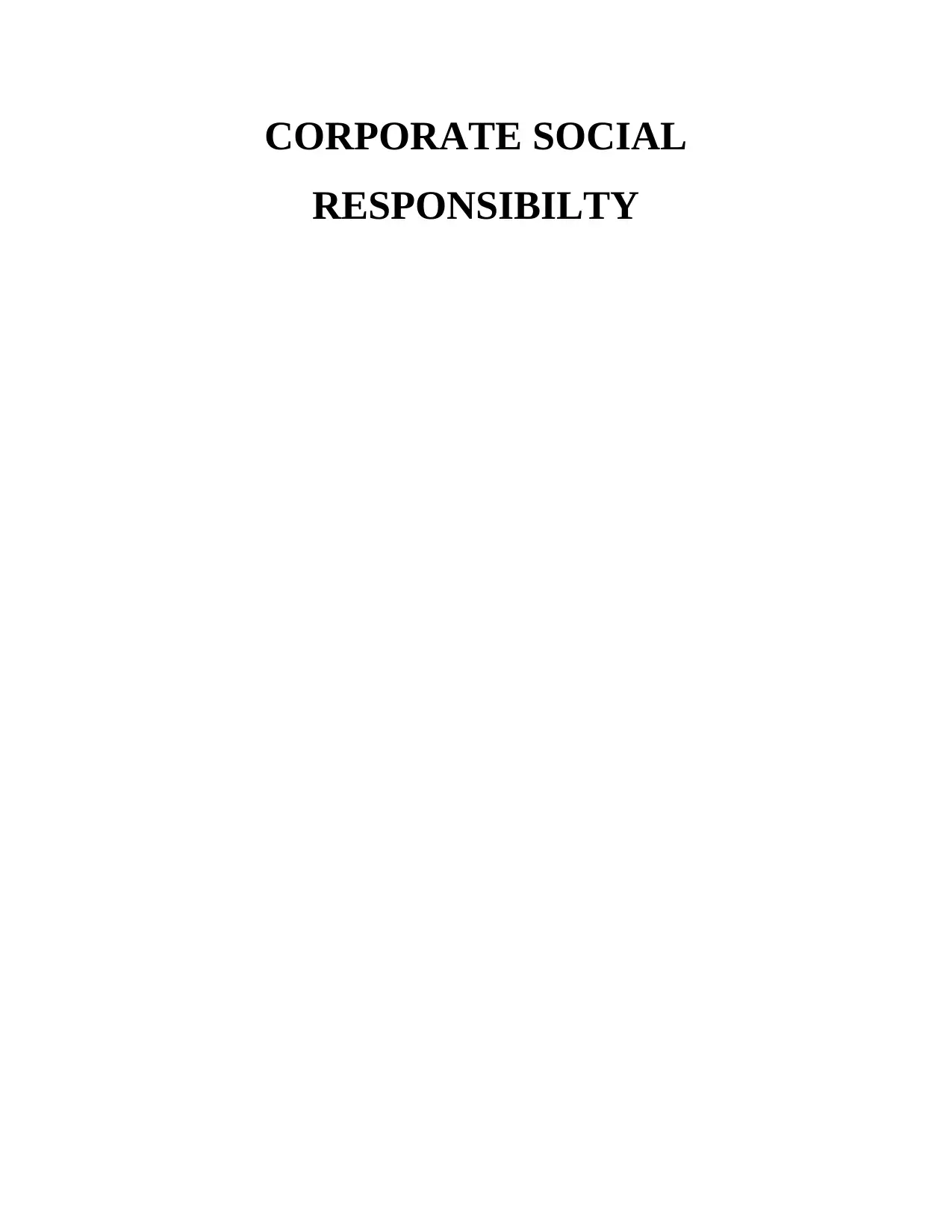
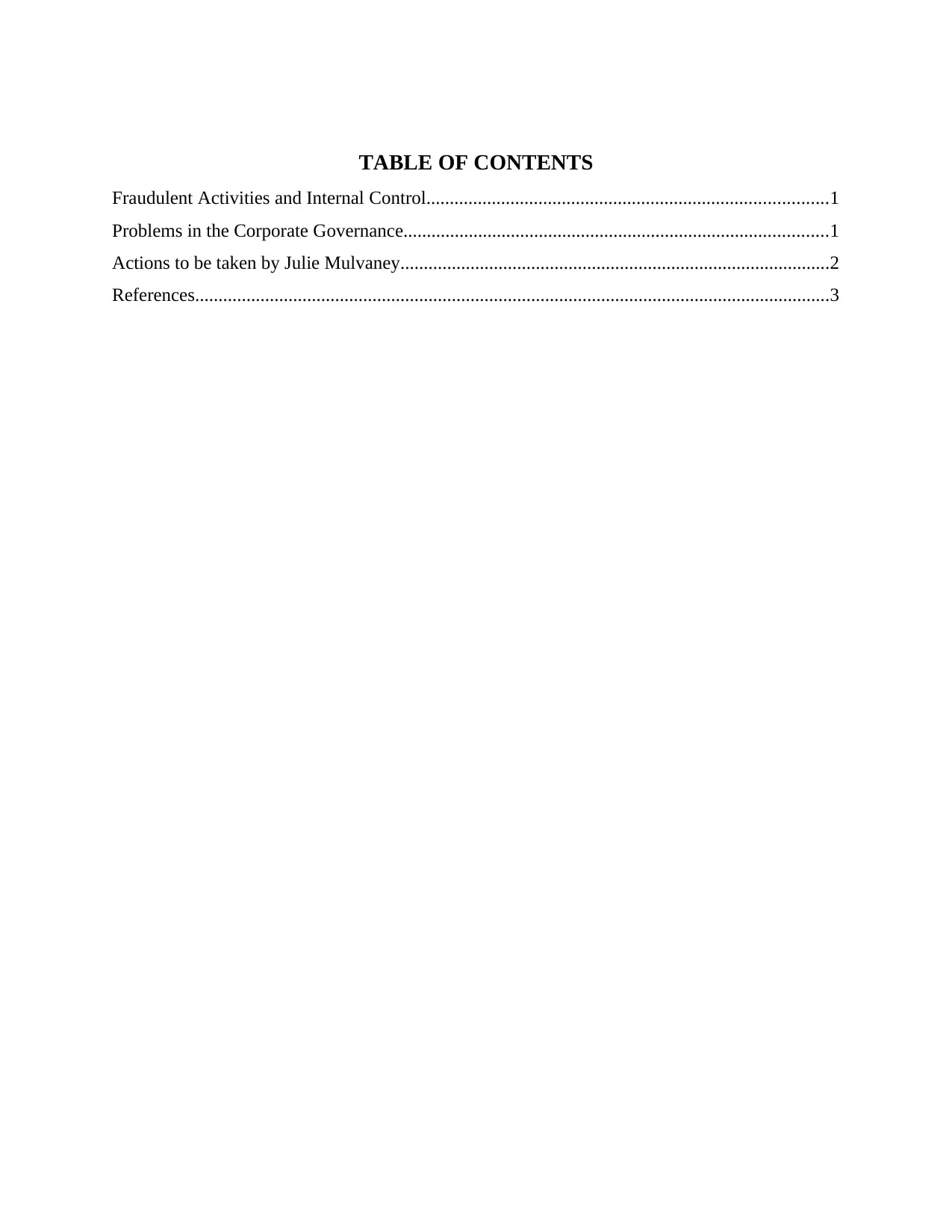
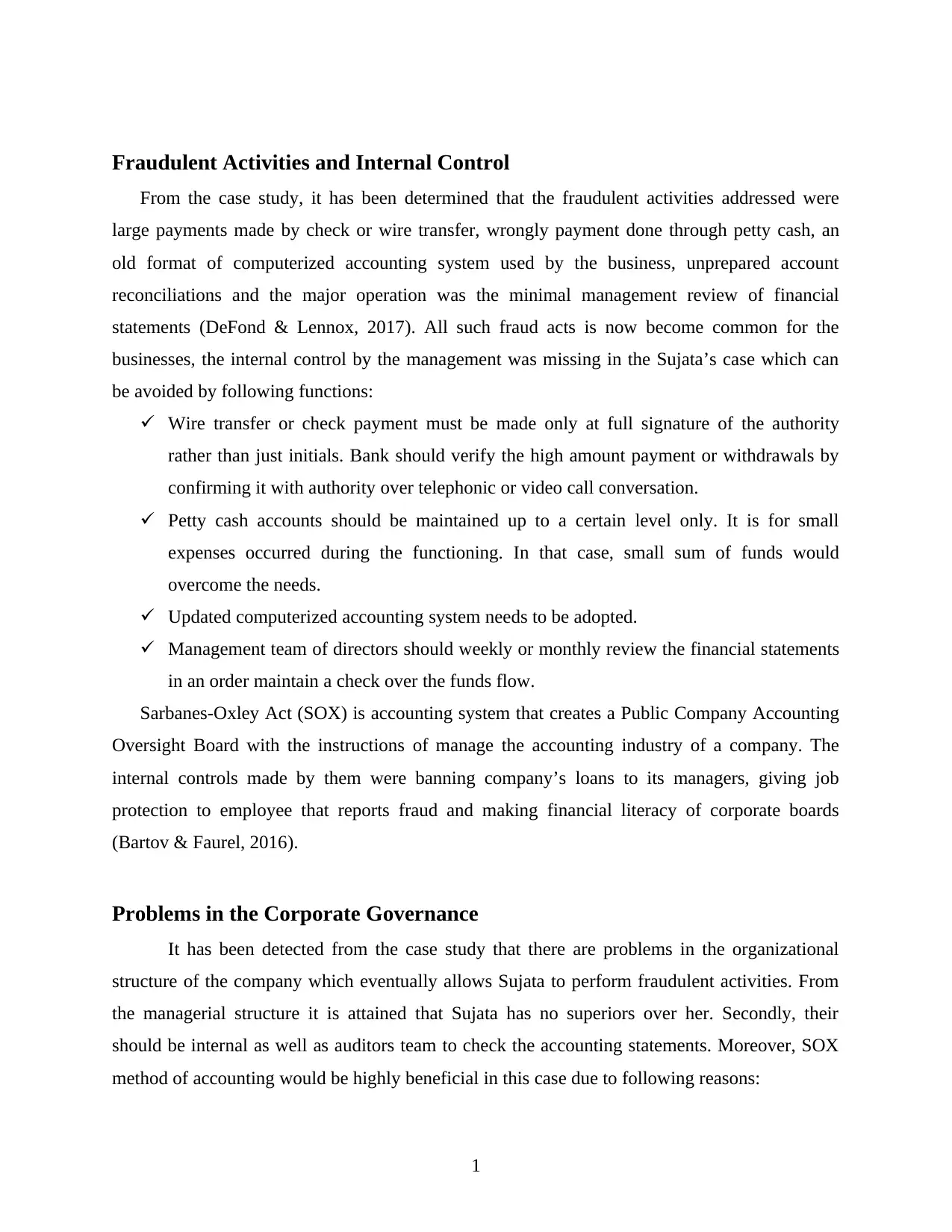

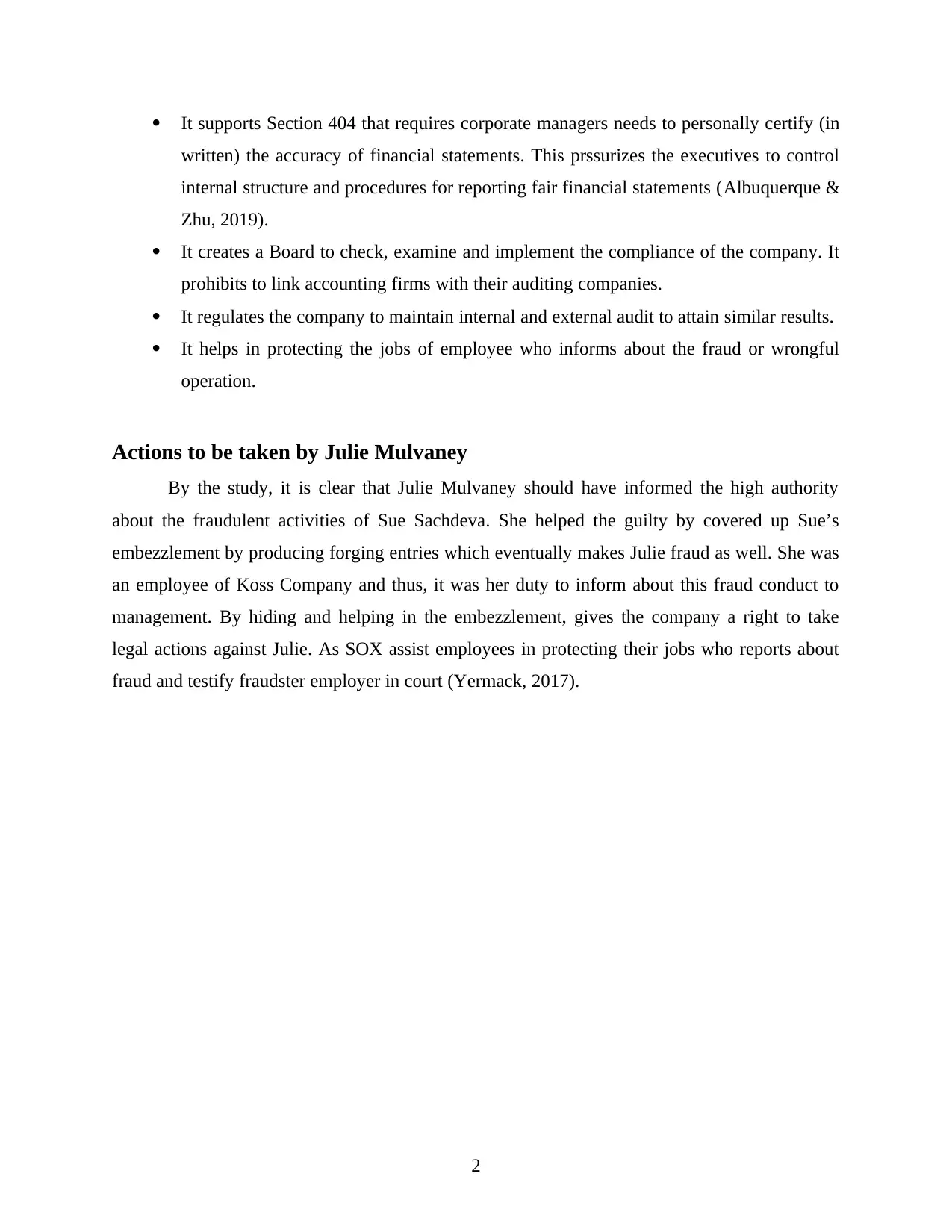
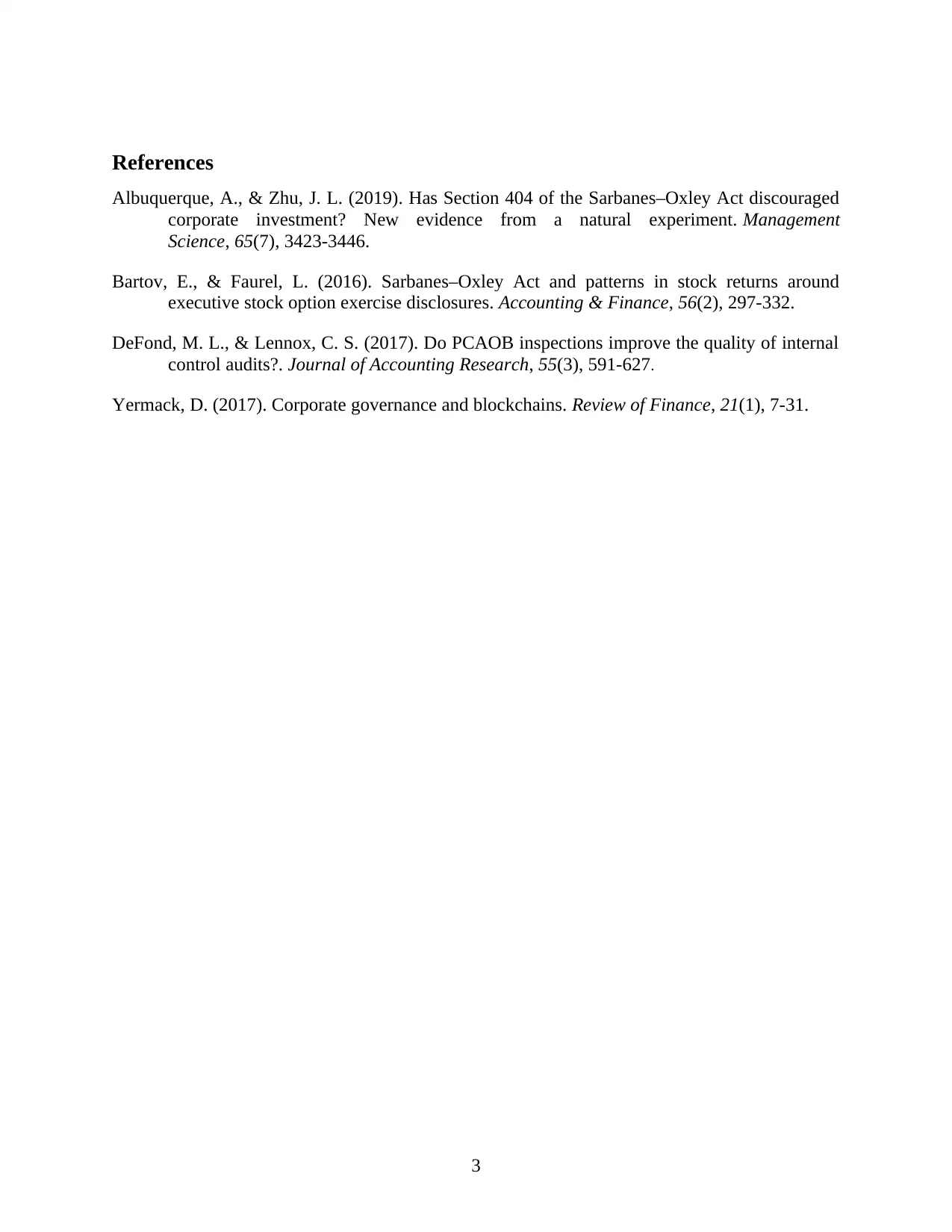






![[object Object]](/_next/static/media/star-bottom.7253800d.svg)